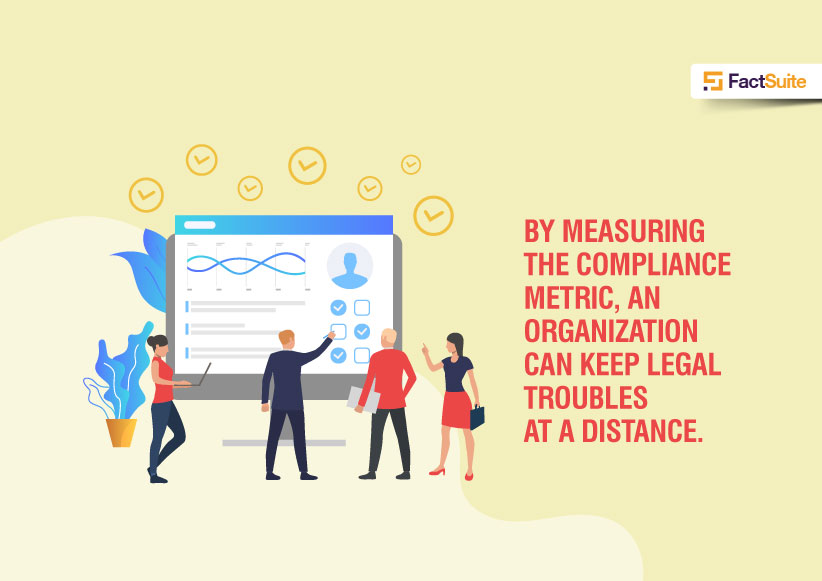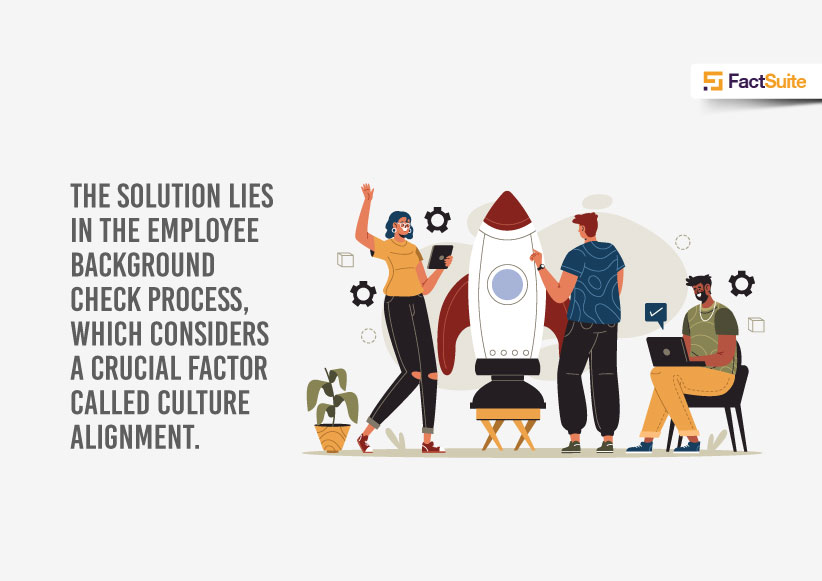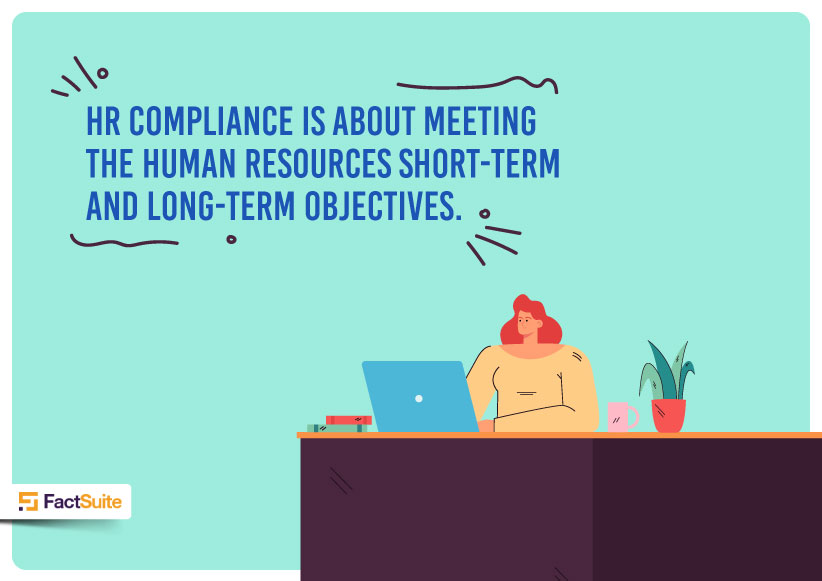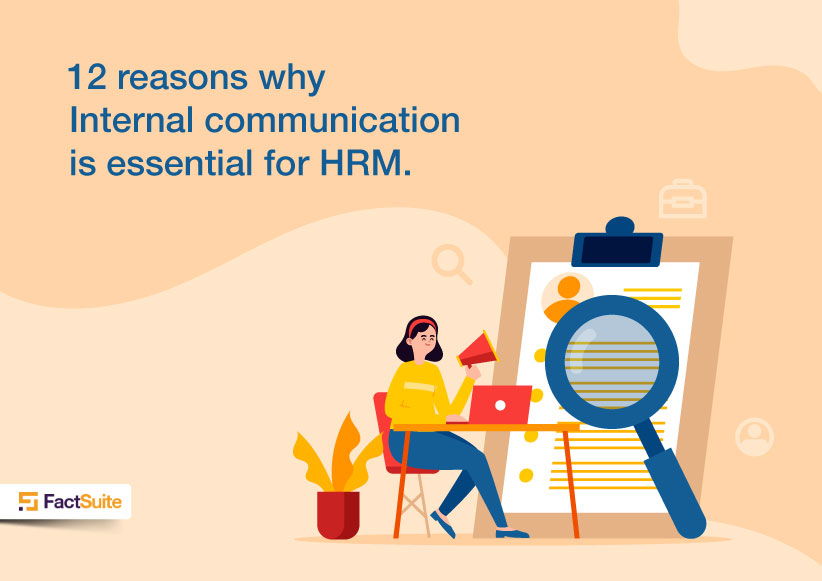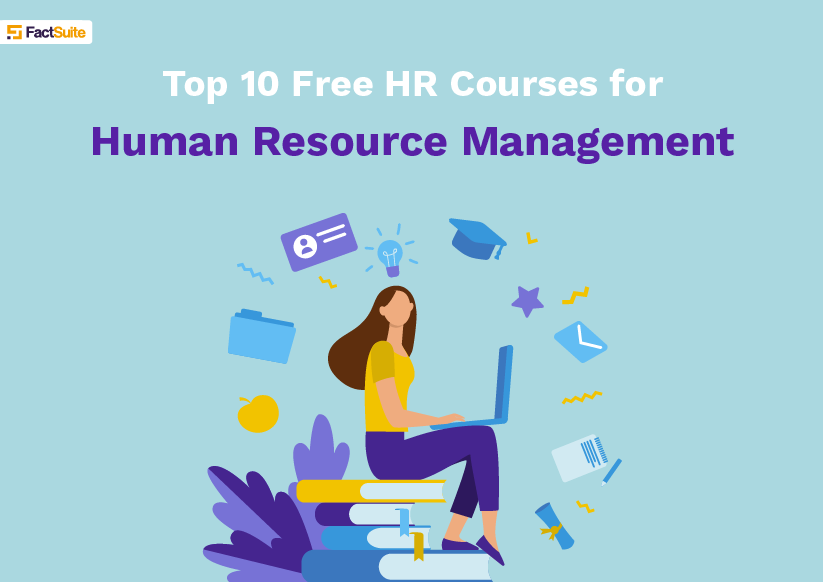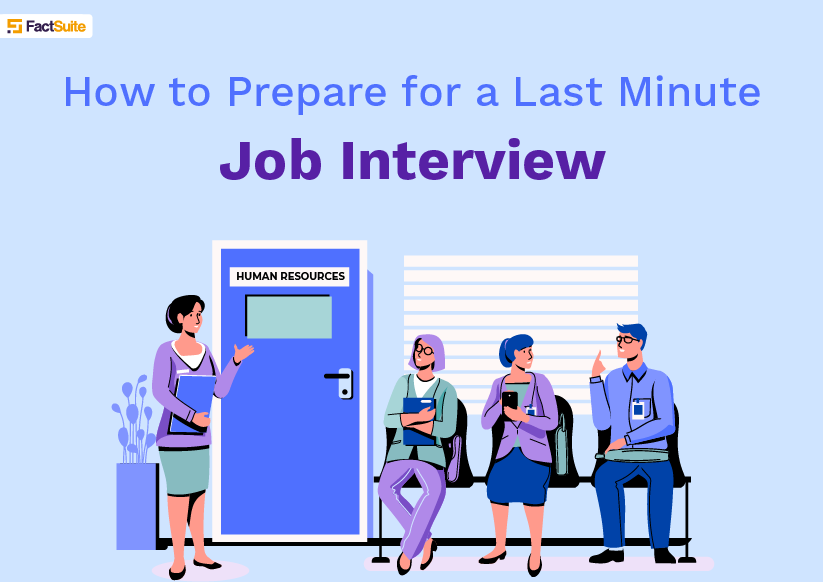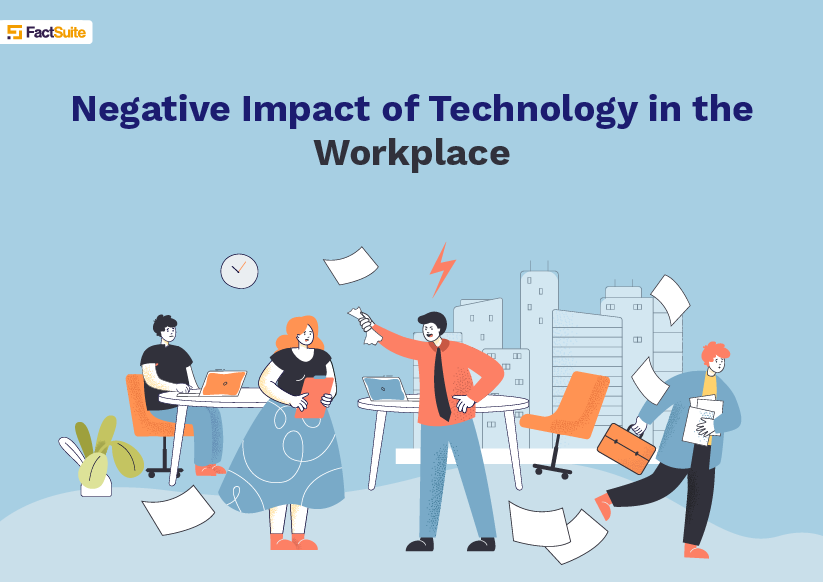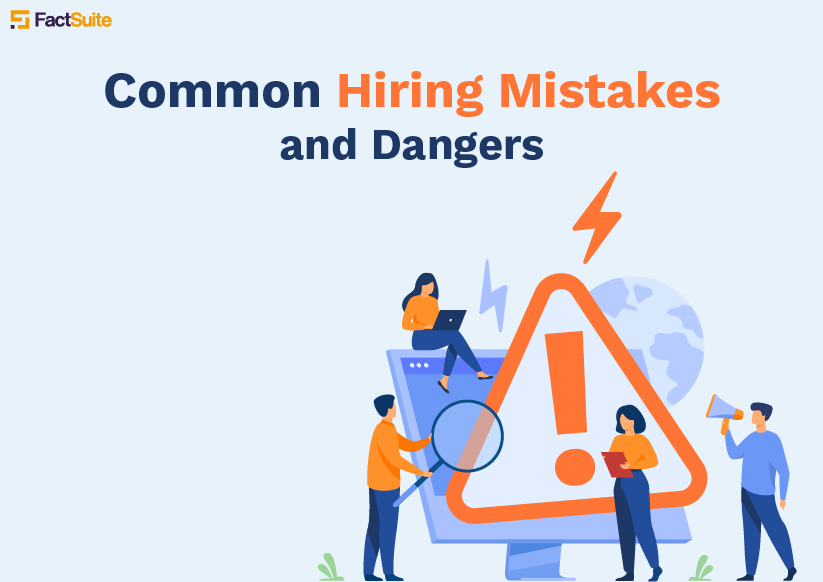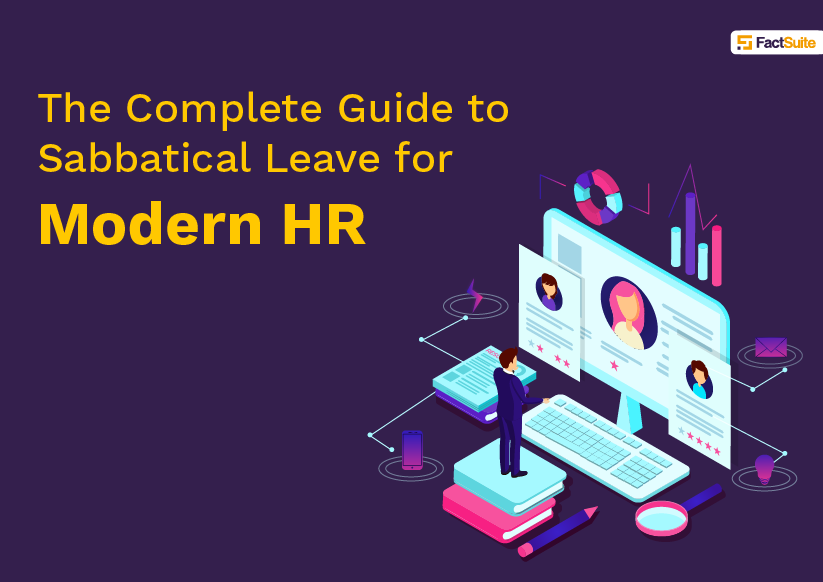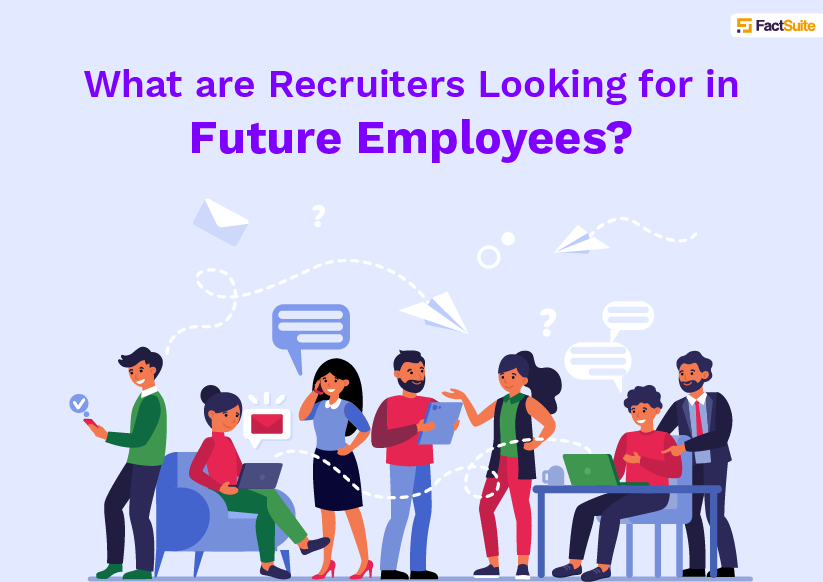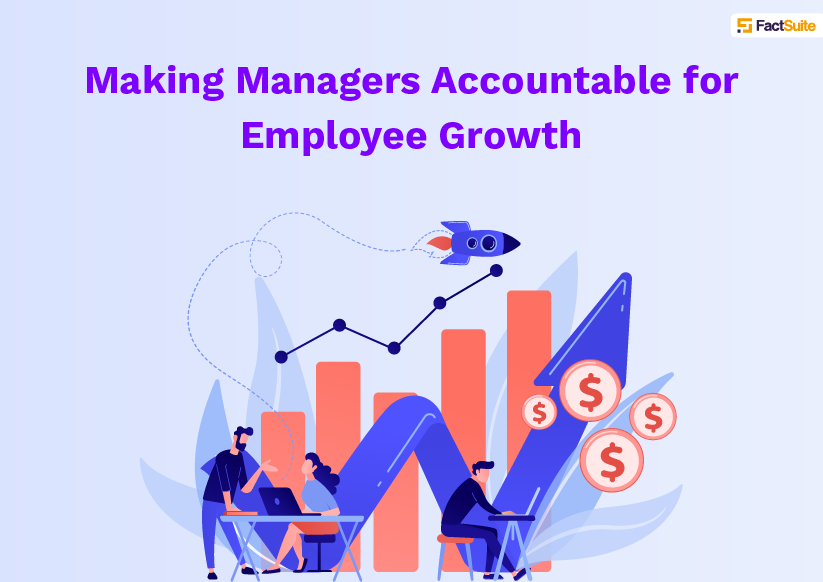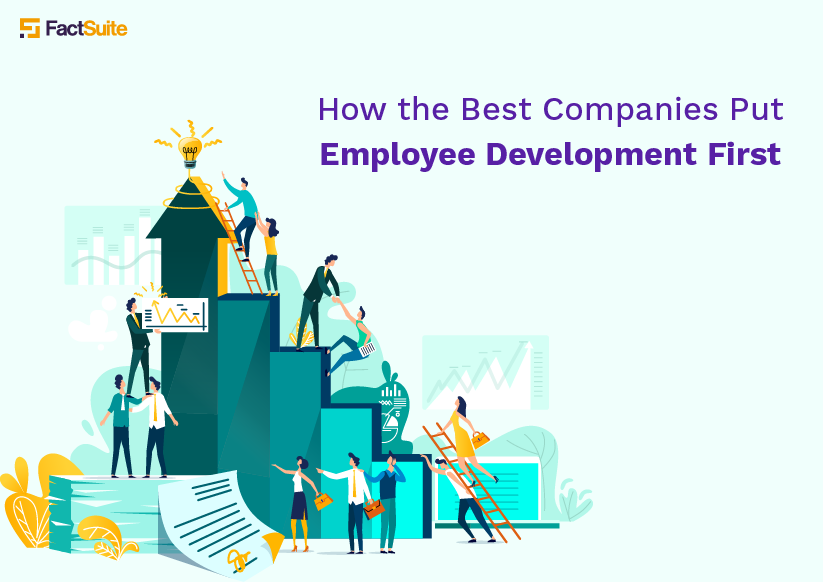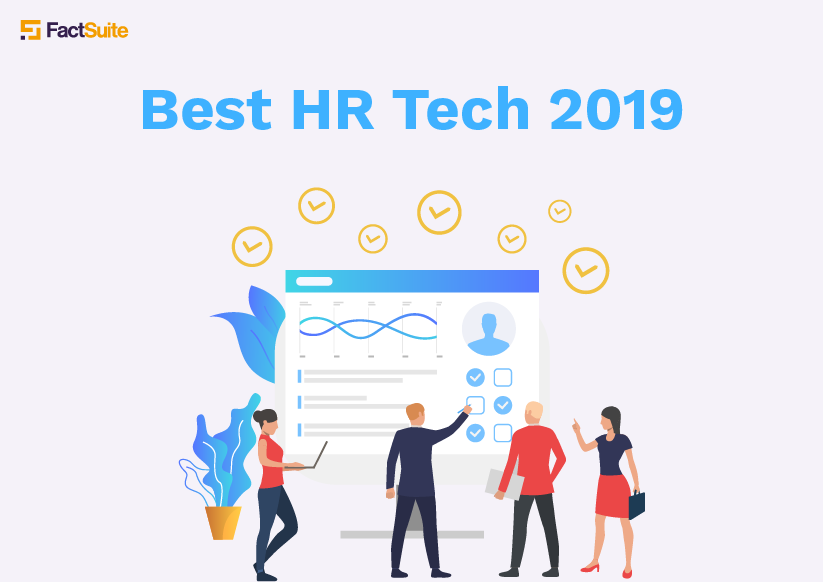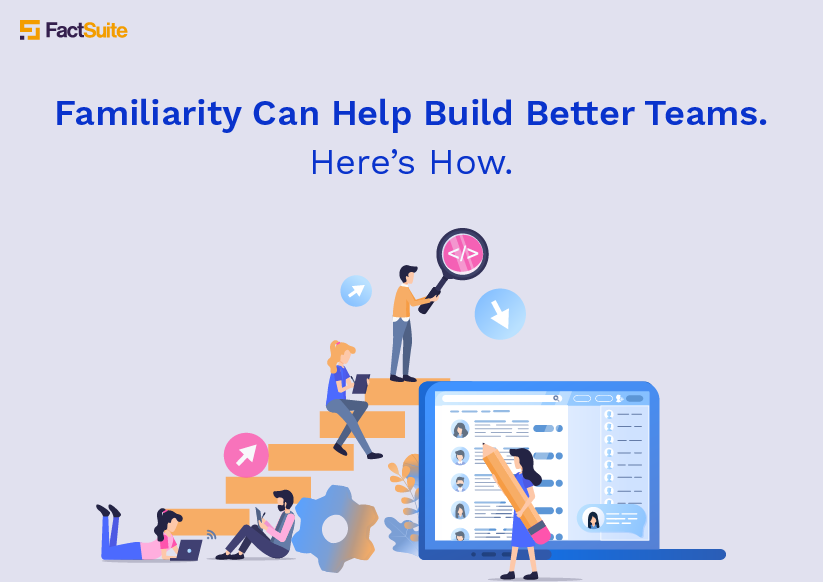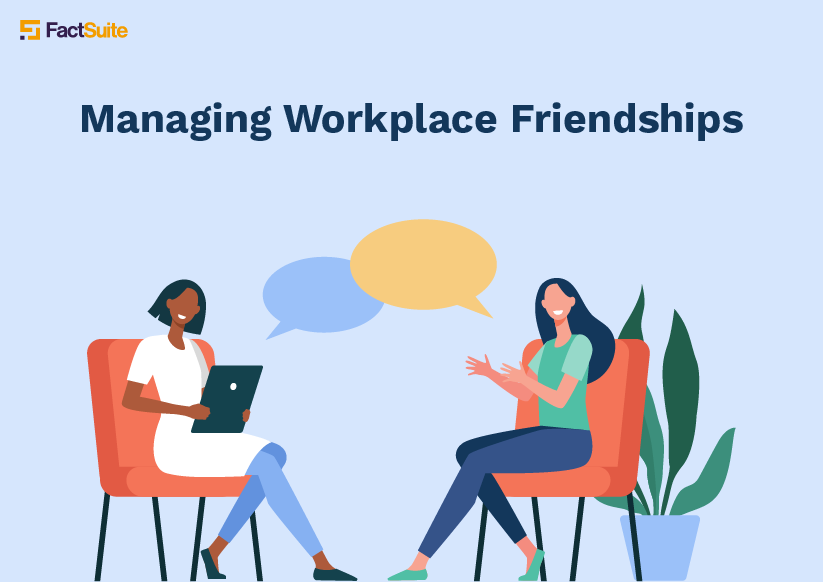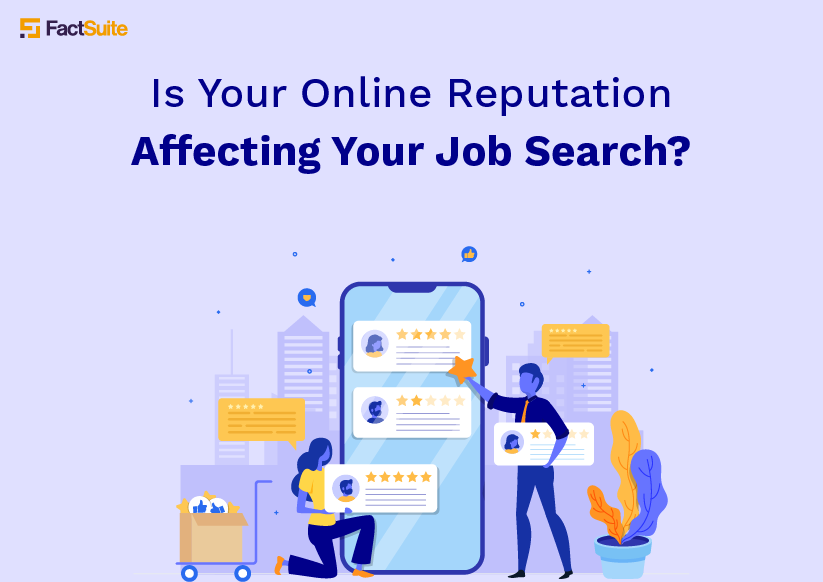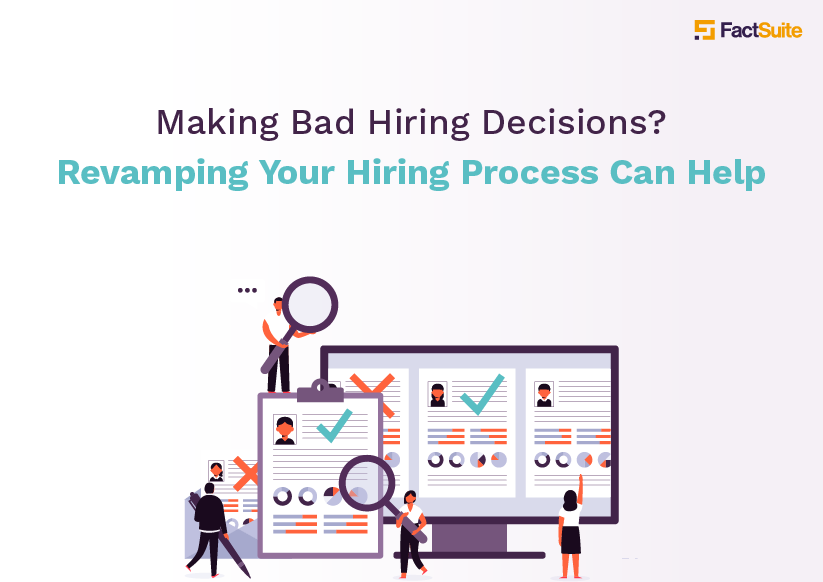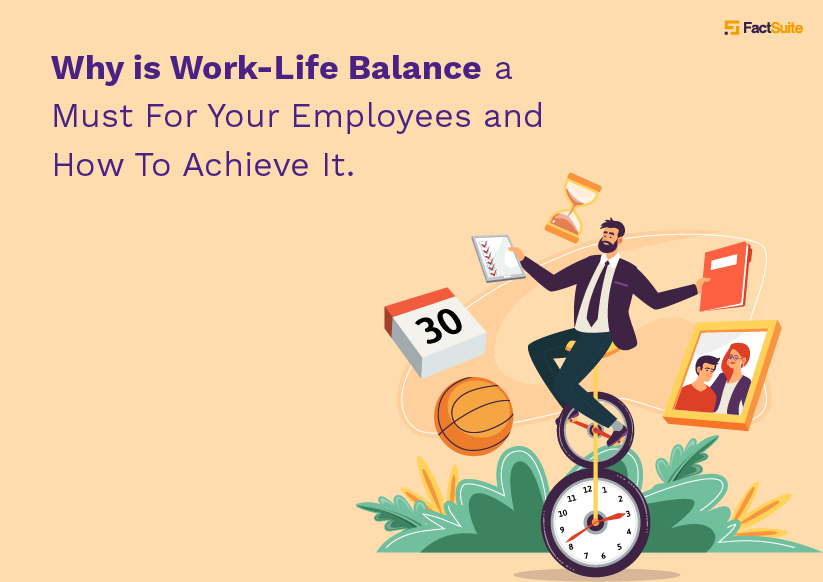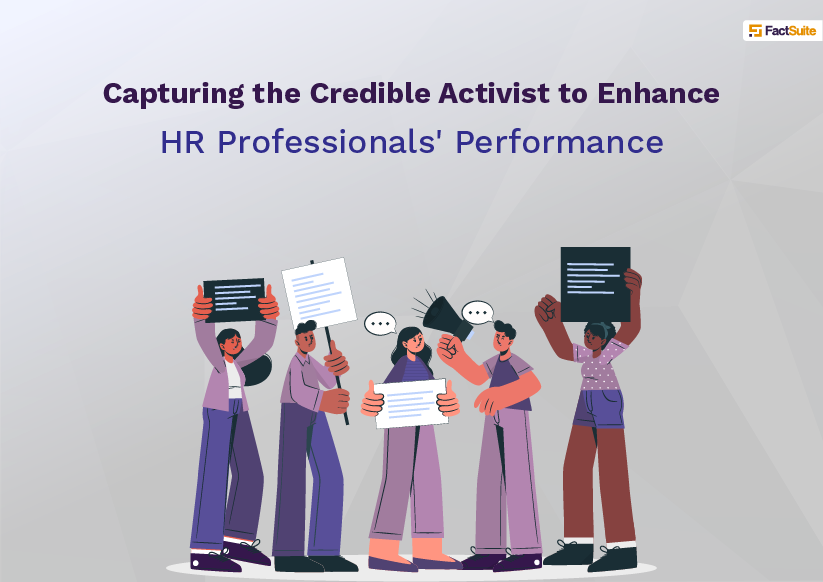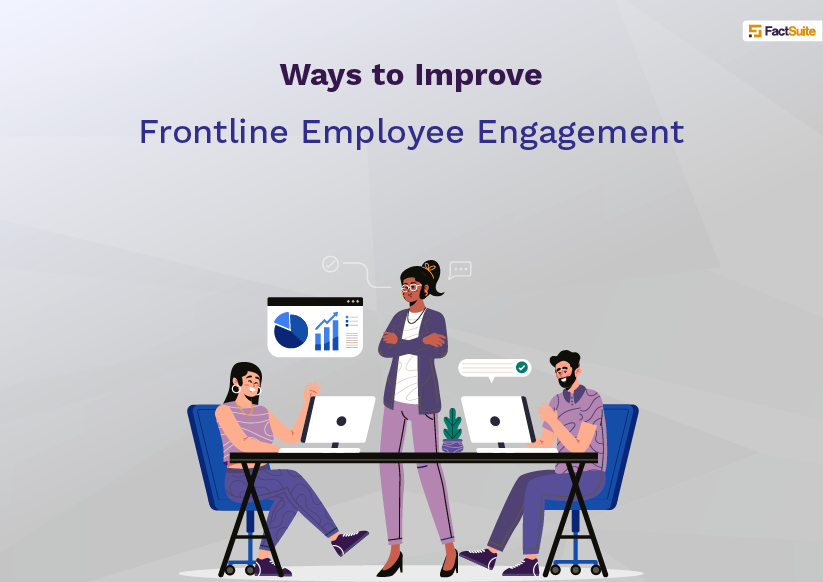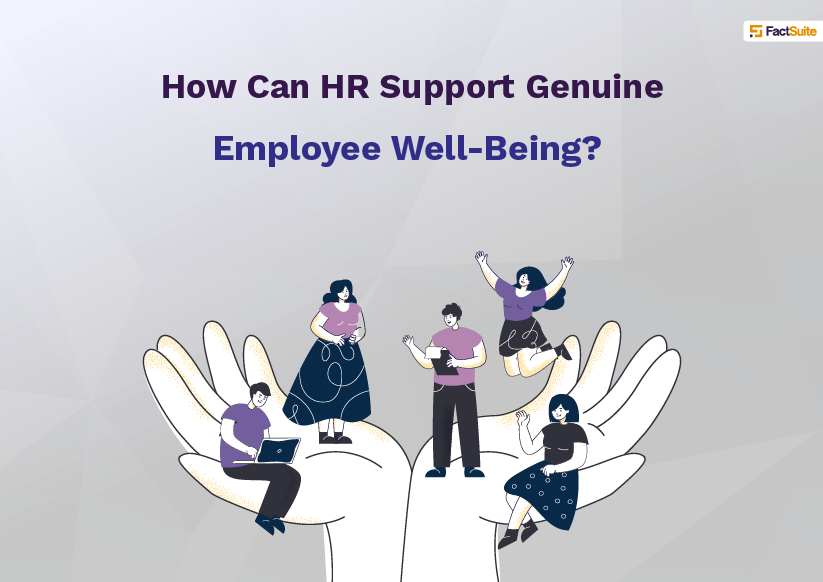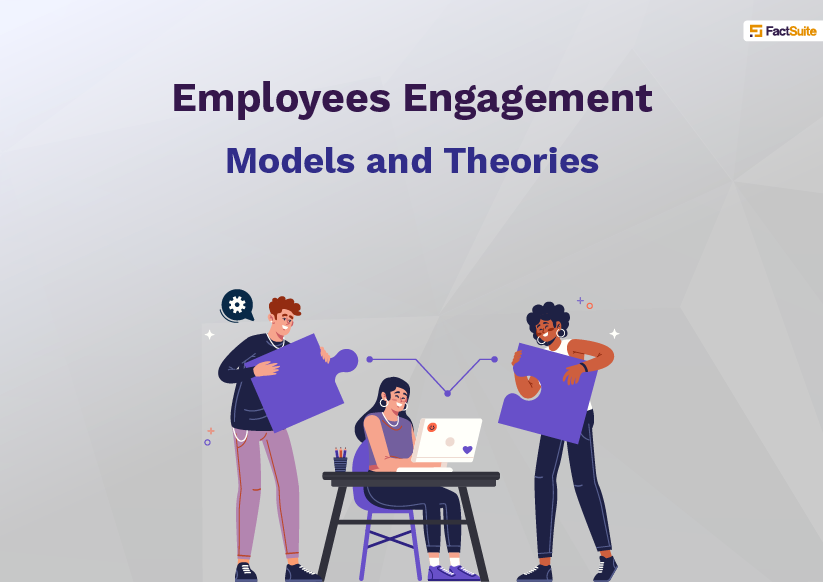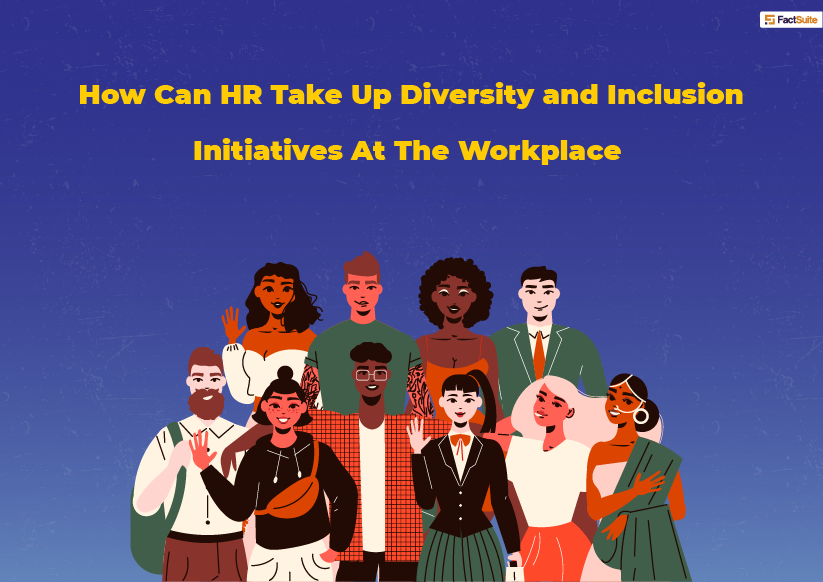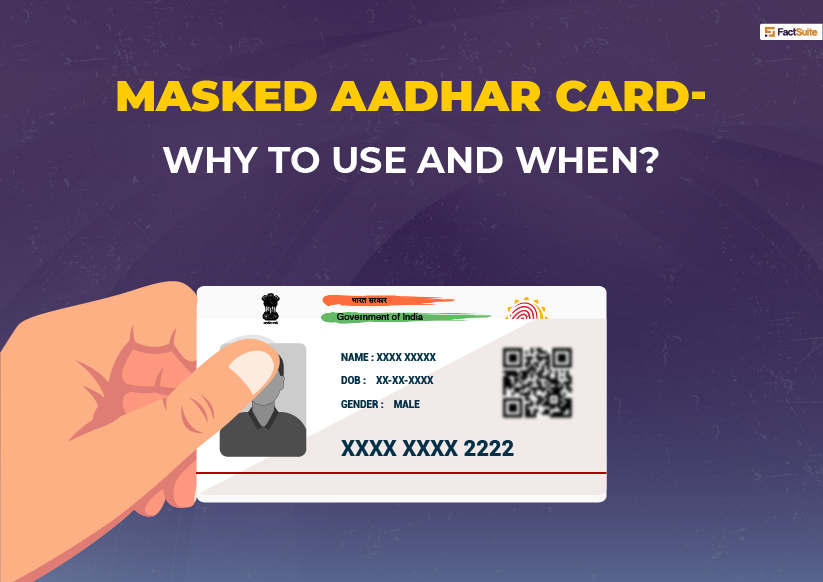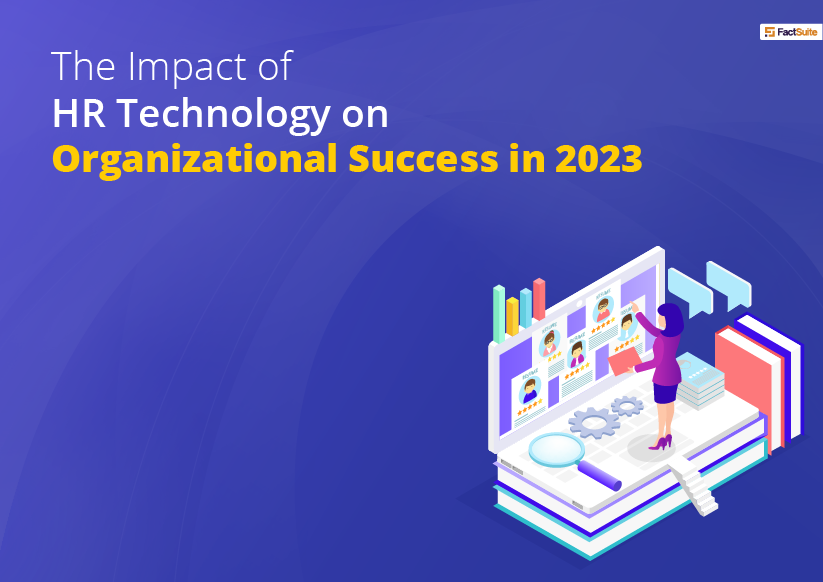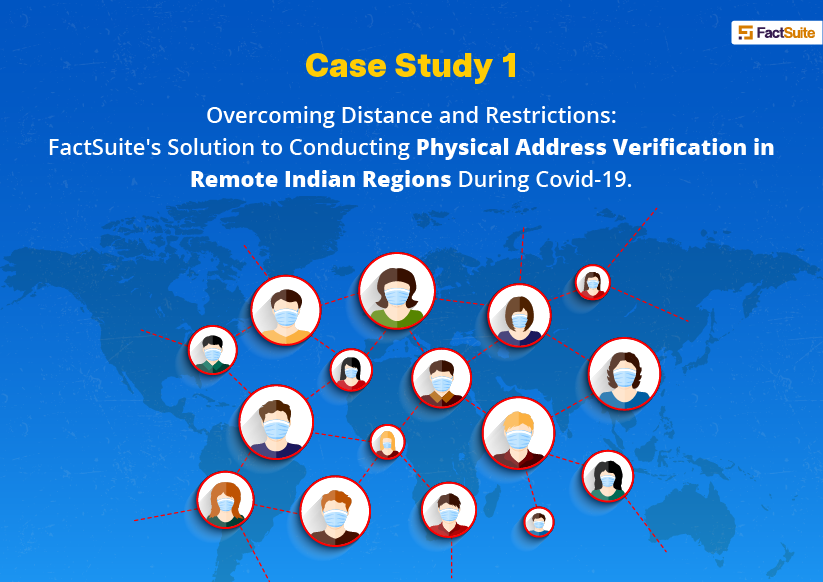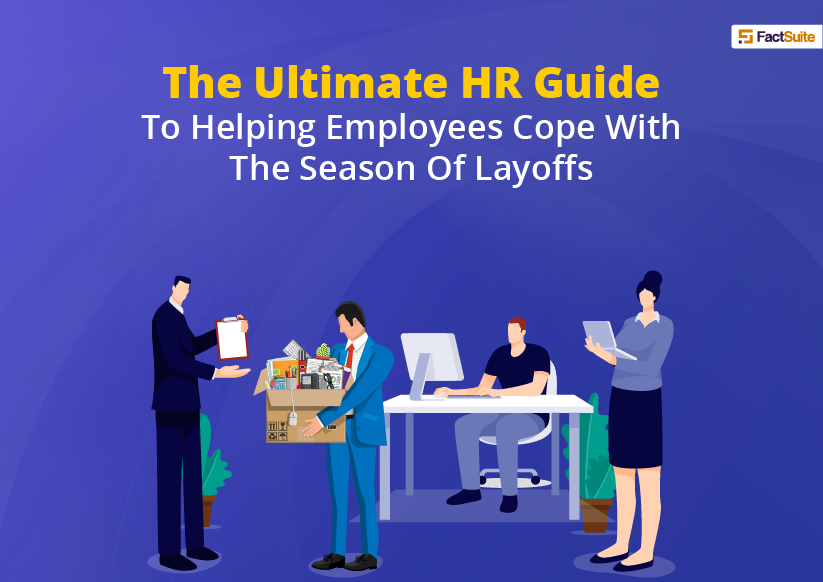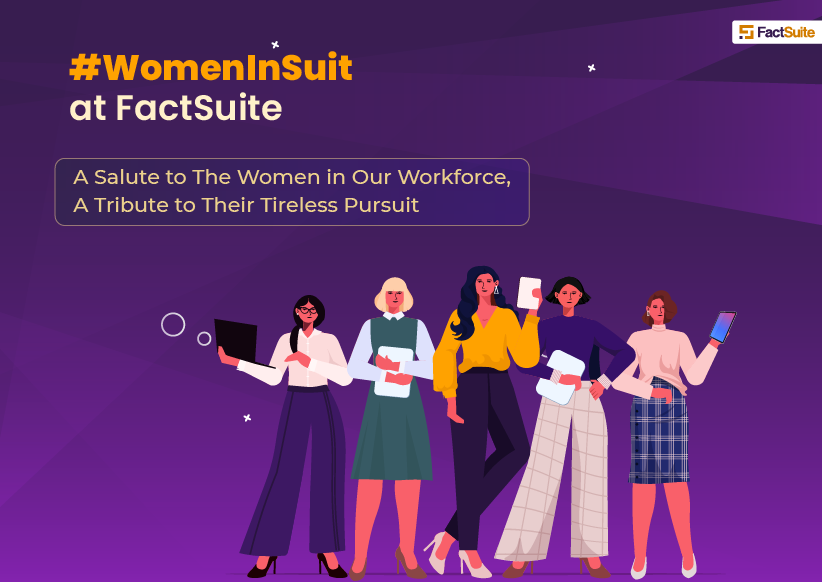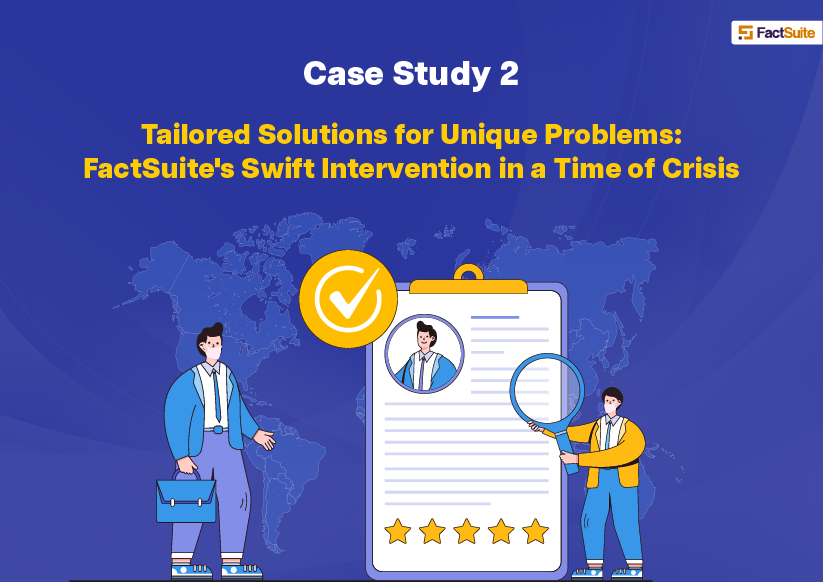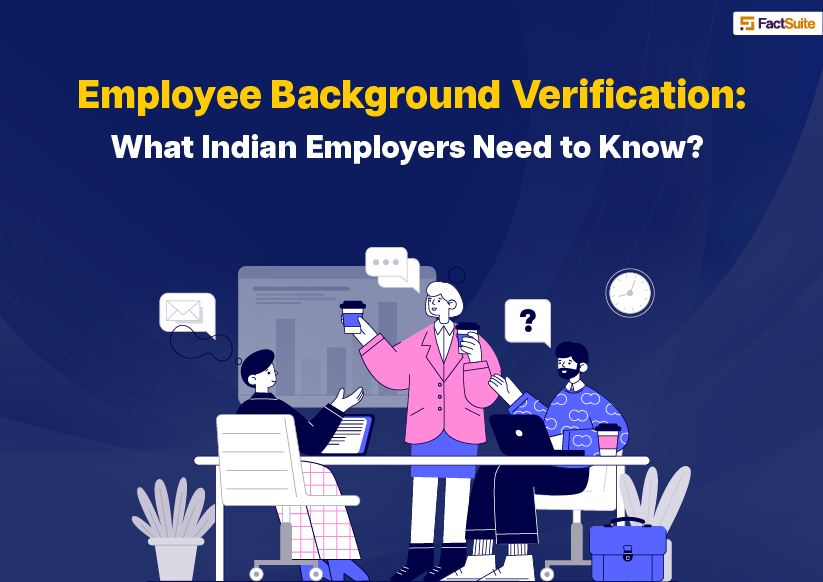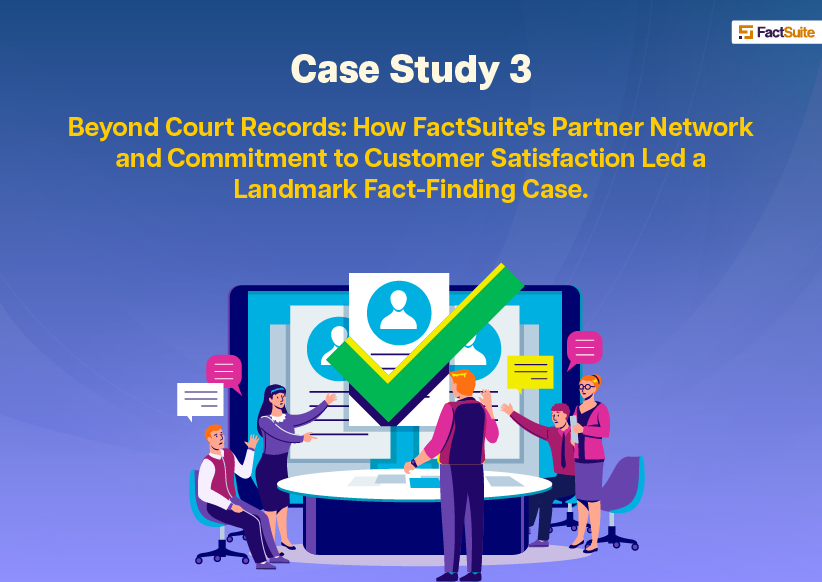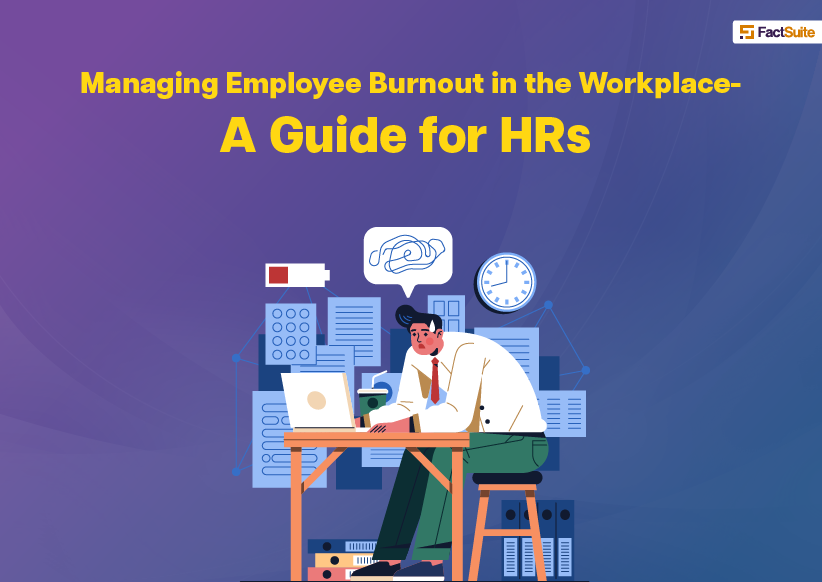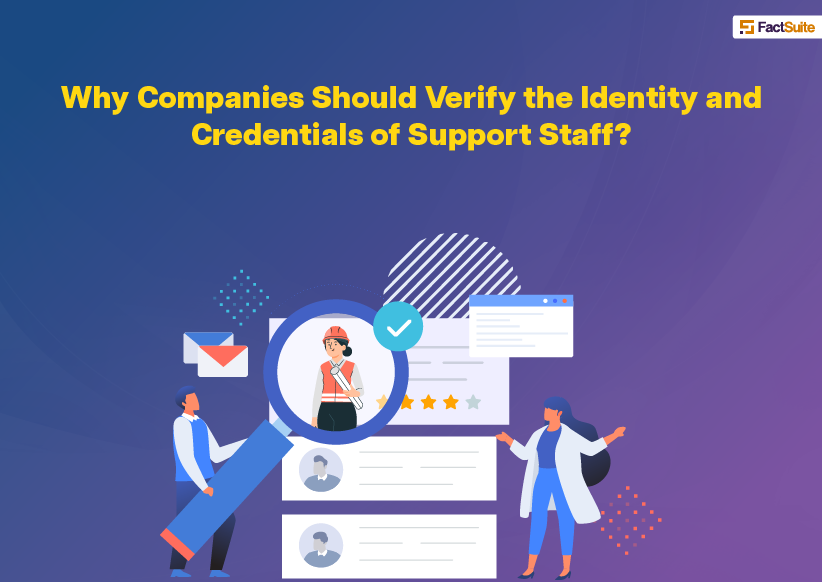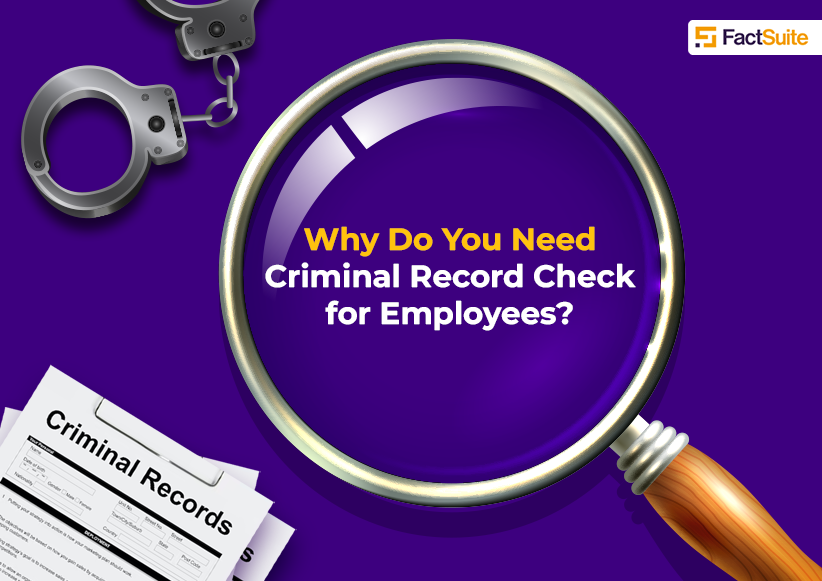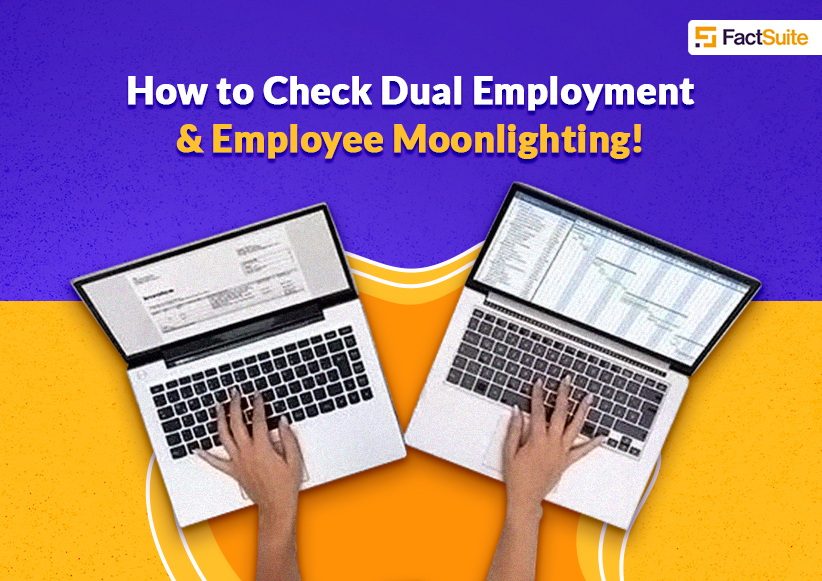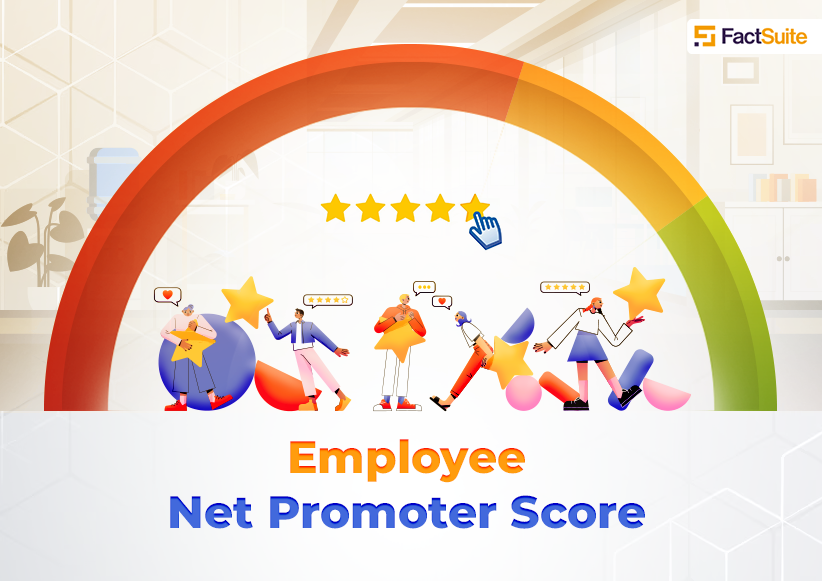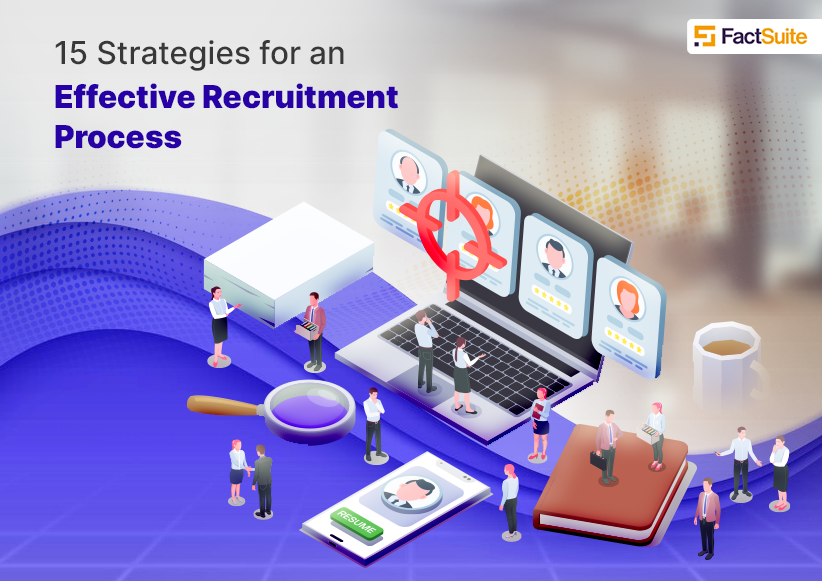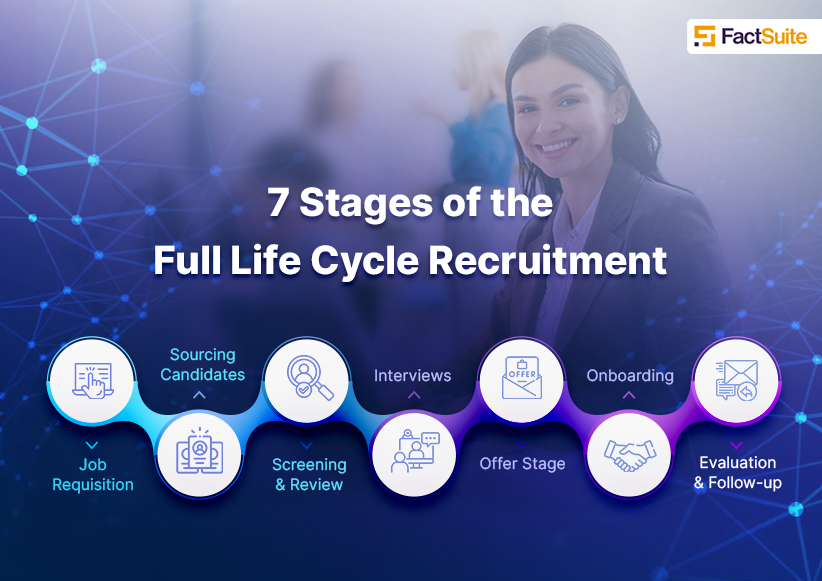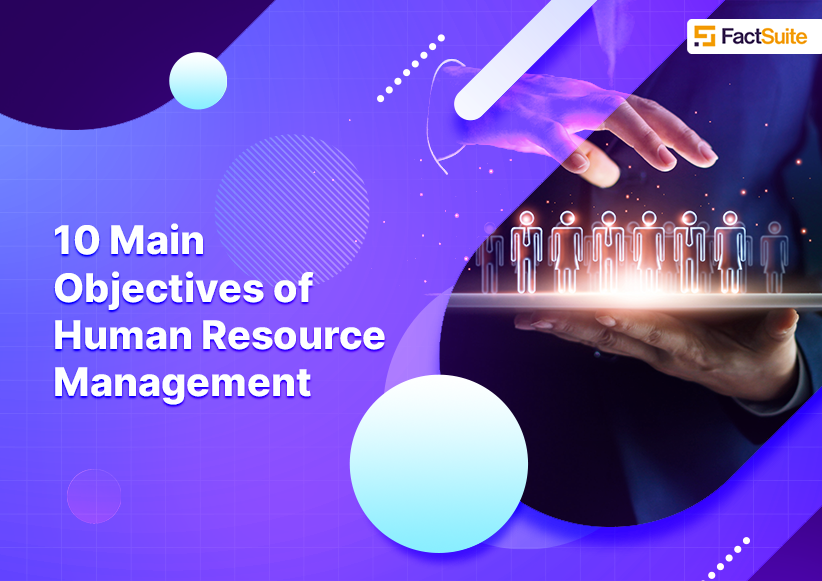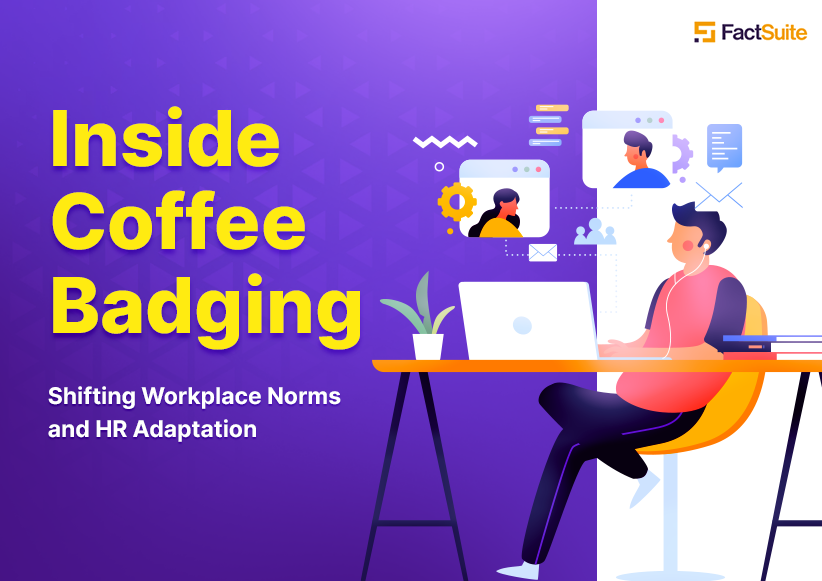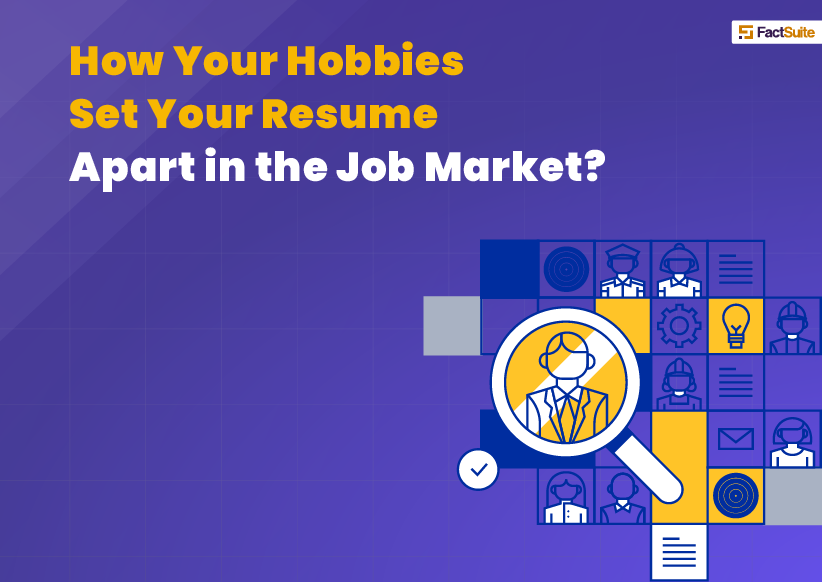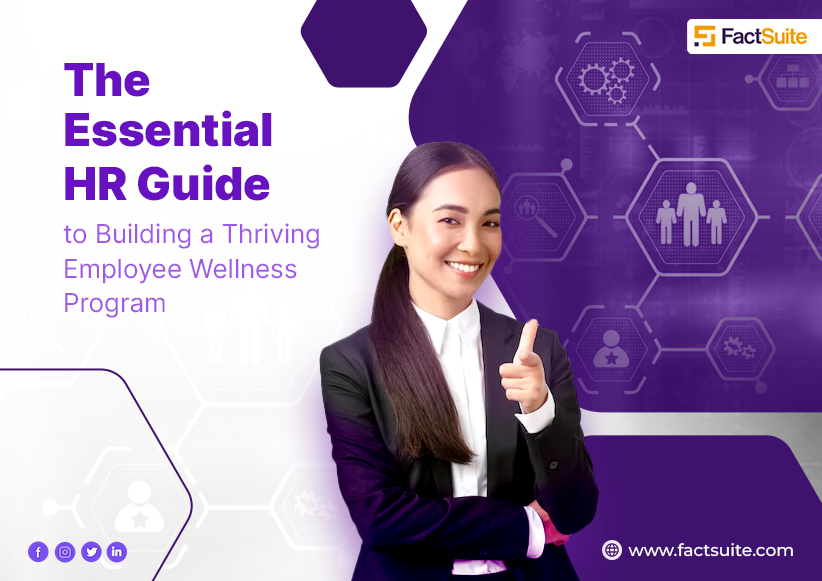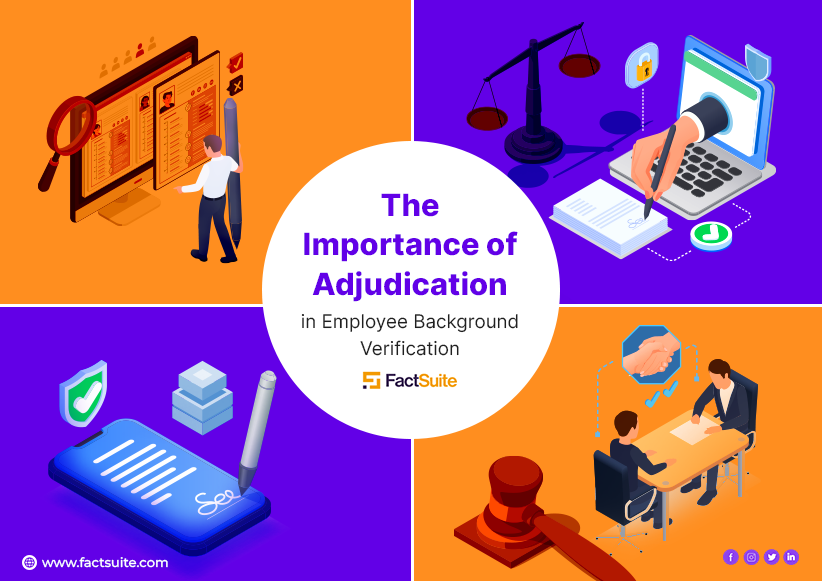Job hunting in the Digital Age. Tips and Cues
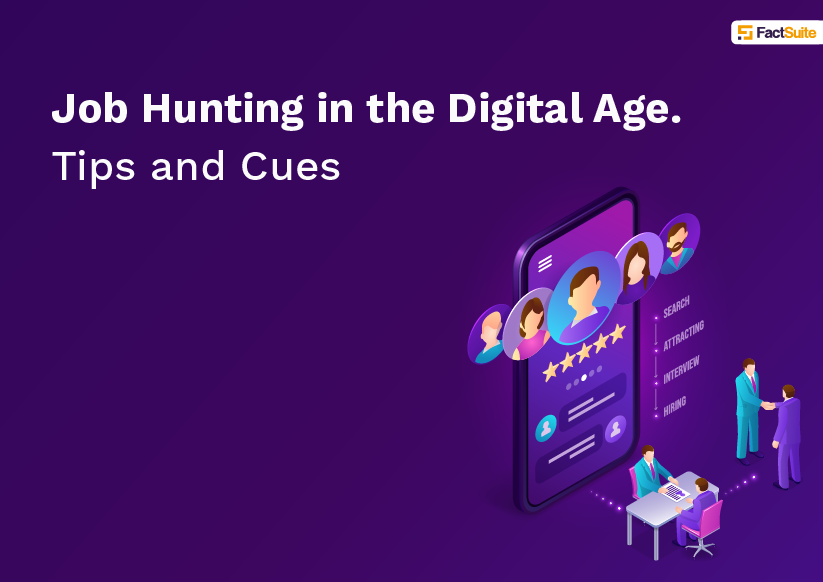
Gone are the days when people found jobs through newspaper ads or posters of ‘help wanted’ pasted on prominent walls in the city. With the advancement of the digital world, the ways of searching jobs have become highly interesting.
Organizations and companies have shifted their hiring and recruitment processes to the online space. Finding and hiring the right candidates from the thousands of options on the Internet is a challenge for them. They put in a lot of time, effort and money into it. Organizations are now hiring external expertise of recruitment agencies and background verification agencies to overcome these challenges. These agencies too, are adept with working in the digital space. In such a scenario, job seekers not only have to be up-to-date with their resume and latest skills, they also need to know the nuances involved when external agencies are hired to verify their credentials and potential. Being digitally savvy is a necessity for today’s job hunter. Having an impressive online image is imperative. These are just few of the basic requirements.
A recent article in Forbes mentions the following trends that both recruiters and job seekers should be aware of:
- Recruiters will use virtual reality simulations to assess candidates’ skills.
- Resumes on paper will die out, making way for digital versions.
- Job seekers will have to show their personalities in story format, such as video, embedded media or text format.
- Recruiters will come up with new hiring strategies and job seekers will have to keep themselves updated.
- Job seekers will have a host of artificial intelligence tools to search for jobs, such as bots, apps and more.
So how can a job seeker succeed in finding the right opportunity and getting hired in such a complex scenario where so many entities, people and tools are involved? Here are a few tips and cues that will help job seekers:
What are the keywords attached to your name?
That’s right. Job seekers must build their personal SEO. This means individuals must manage keywords attached to their name in the digital space: expertise, skills, important past employers, their role and more. It is possible that the potential future employer is looking for certain keywords while looking out for candidates. The chances of someone being spotted are much higher if their personal SEO matches the keyword search. And it is very much happening. LinkedIn launched a new monthly notification that shares relevant trending skills among people with the same job title, which means job seekers can know what new skills they should acquire in order to stay in the competitive job search and add those skills are keywords in their profiles.
Here’s how you could begin:
- Do some research to find out the most used and the current terms associated with the role you’re looking for.
- Once you identify the keywords, add these to all your online portfolios – resume, LinkedIn, Twitter, Facebook, and your personal website.
Revamp your personal brand online
With the world moving online, recruiters are now giving more importance to the candidate’s online presence in the hiring processes. Therefore, apart from background screening of the potential employees, recruiters are assessing the overall online presence of the applicant. This is an area where companies bring in professional background verification agencies into the process. Background checks, include address check, criminal records check, database check, identity check, social media check and more, which contribute significantly at a deeper level in the recruitment processes of organizations, large companies and start-ups. It is thus, imperative for job seekers to enhance and monitor their personal brand online.
Stand out from the competition
Avoid going the common, usual way that everyone else goes. What one needs to do is stand apart and stand out in the overcrowded job search space on the Internet. Whether it is a LinkedIn profile, a post on Facebook announcing one’s job search or a digital resume, job seekers must forget the drab method of writing objectives. Instead, present an individualized professional summary. It could be in the form of a video or a graphic story. It could be a one-paragraph professional summary about what role one is ready for and how an individual could contribute to a certain field of which they’re an expert.
Adapt to different kinds of interview methods
Gone are the days when interviews were simple, face-to-face, in a closed room with two or four interviewers. The digital age has brought with it a host of new ways in which recruiters are interviewing future employees. Online exercises or test-based interviews are now gaining popularity, as it helps recruiters gauge the candidate’s proficiency. Video interviews are the most preferred mode of interviews with time and distance being big constraints to personal meetings. Here’s what to do:
- Most companies mention their recruitment process on their company website or in the job call. Review it thoroughly and prepare yourself.
- If you’re clueless about the interview process, asking the recruiter to explain the process would be a wise thing to do.
As recruiters upgrade their hiring processes adapting to the digital age, job seekers have to stay up-to-date with these trends and tips. These are just a few things in the vast ocean of the digital space of hiring and getting hired. Are you up-to-date for looking for your next job?
Relevant trending skills: https://news.linkedin.com/2017/12/new-linkedin-notifications-on-trending-skills

